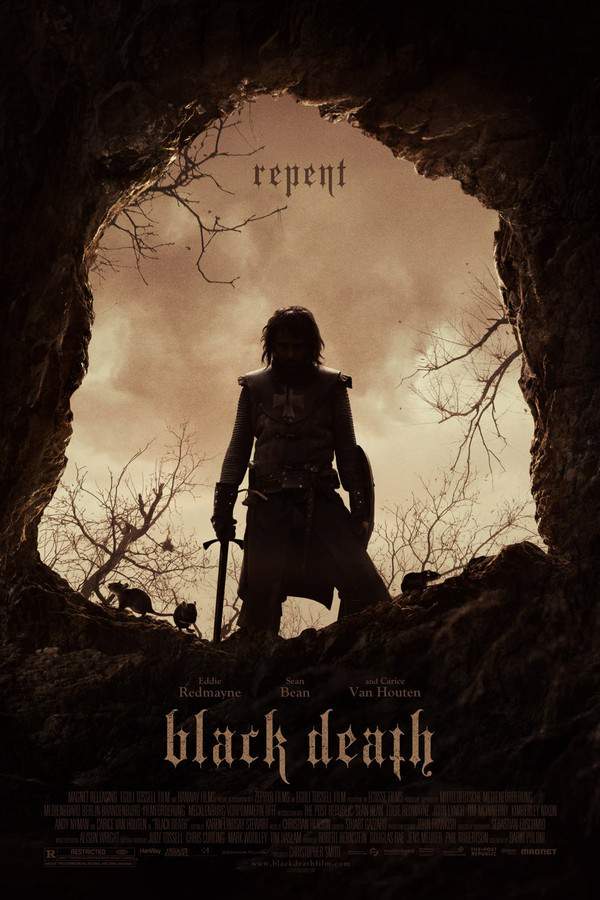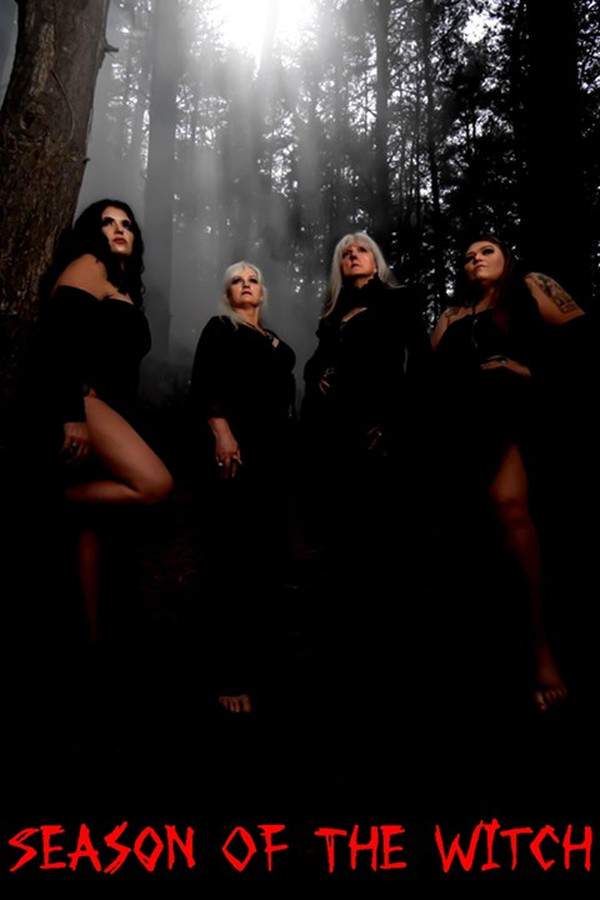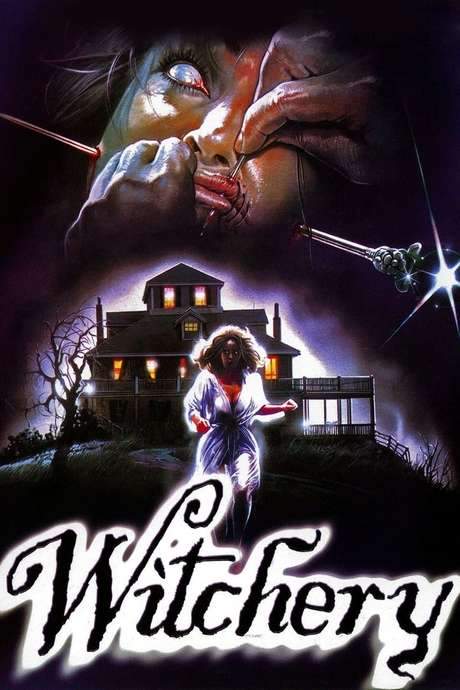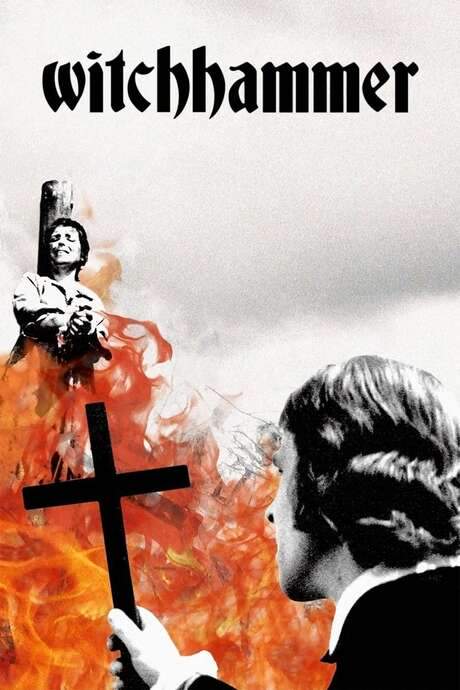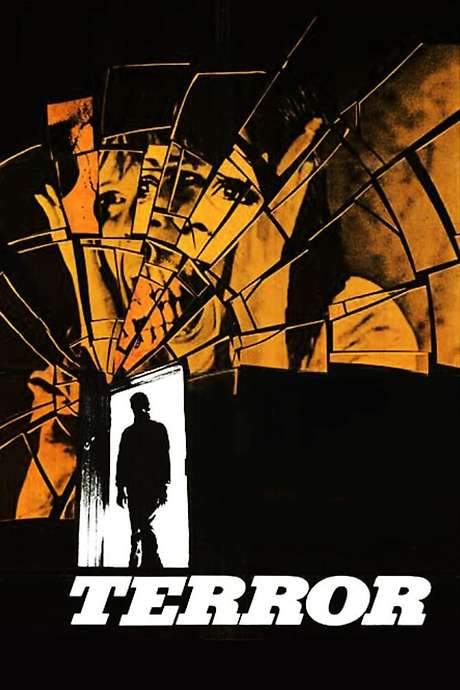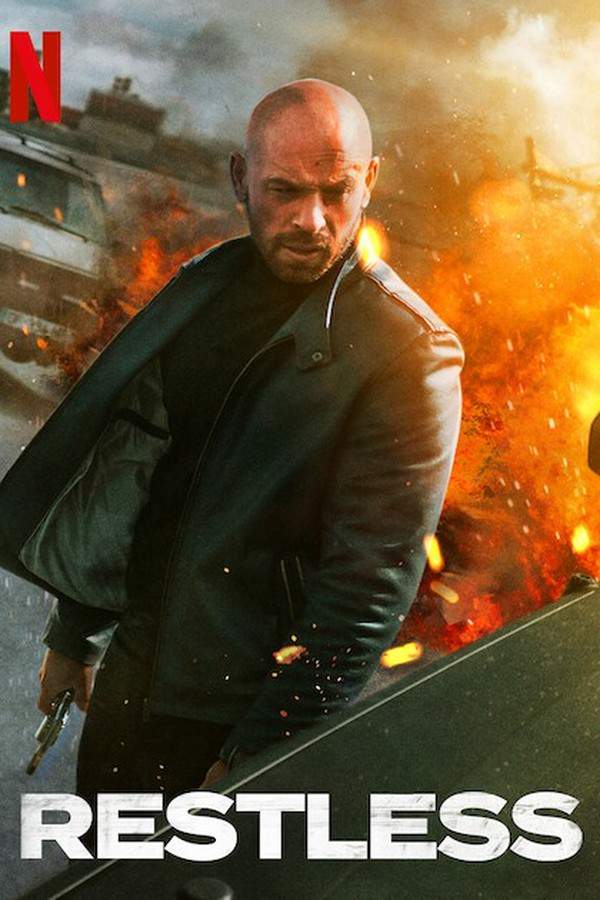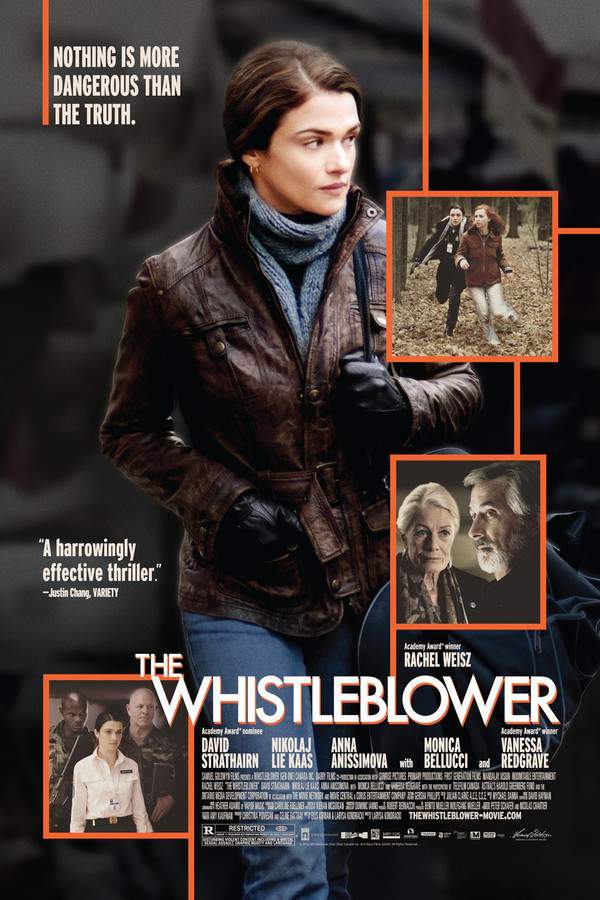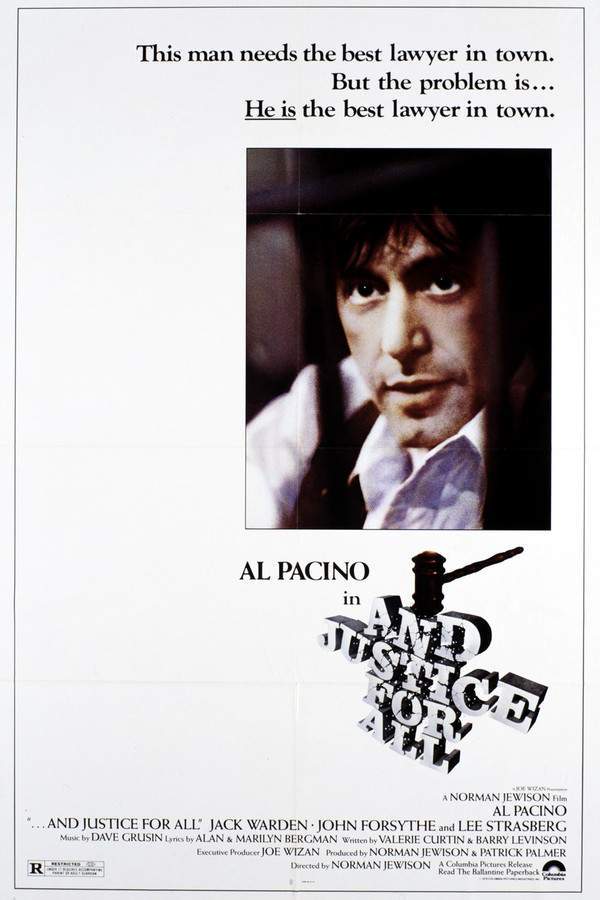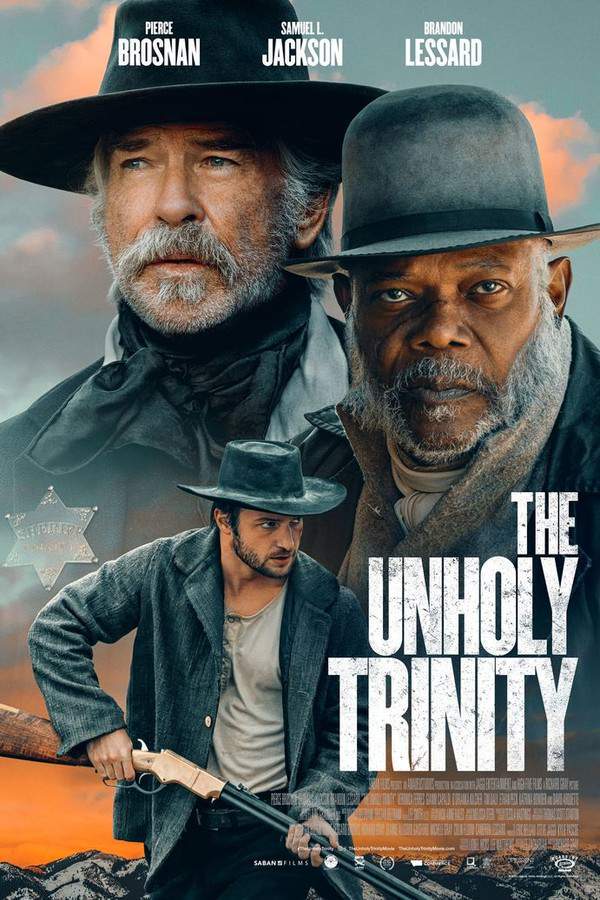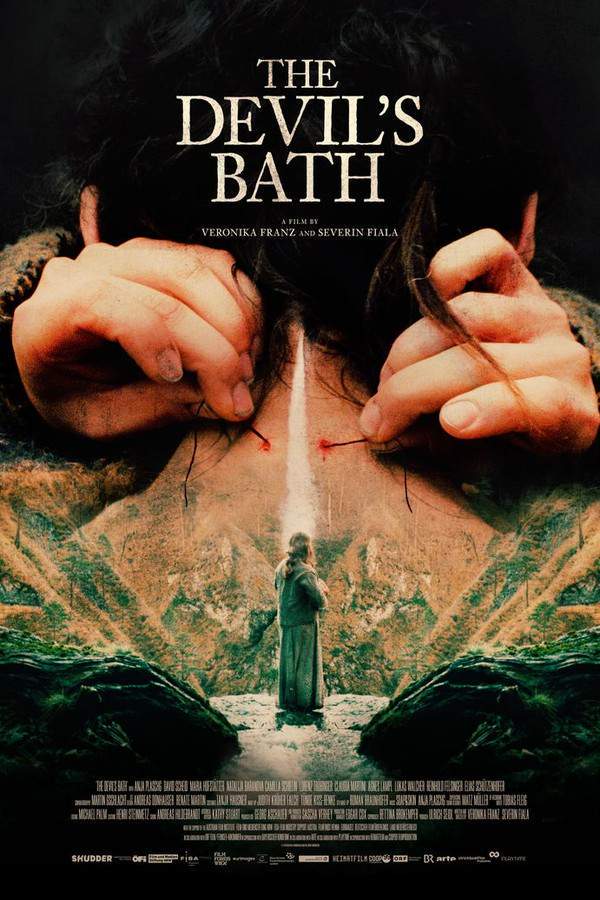
Mark of the Devil
Year: 1970
Runtime: 96 mins
Language: German
Director: Michael Armstrong
Set in 18th‑century Austria, the story follows a young apprentice to a notorious witch‑hunter who, after witnessing relentless torture, false accusations and arbitrary executions, begins to question the morality of the persecutions. The film delivers unflinching horror through its stark depiction of brutality and injustice.
Warning: spoilers below!
Haven’t seen Mark of the Devil yet? This summary contains major spoilers. Bookmark the page, watch the movie, and come back for the full breakdown. If you're ready, scroll on and relive the story!
Mark of the Devil (1970) – Full Plot Summary & Ending Explained
Read the complete plot breakdown of Mark of the Devil (1970), including all key story events, major twists, and the ending explained in detail. Discover what really happened—and what it all means.
Count Christian von Meruh, Udo Kier, is a devout witch hunter and apprentice to Lord Cumberland, Herbert Lom, who arrives in a remote Alpine village in early 18th‑century Austria. The town has fallen under the shadow of Albino, a self-styled witch hunter who uses fear and false indictments to terrorize the women and push his own brutal agenda. Under his grip, the villagers endure cruel accusations and gruesome executions that push the community toward silence and complicity. In this tense atmosphere, Christian carries a quiet resolve to see justice tempered with mercy, even as he watches the escalating cruelty around him.
In the tavern and along the lanes, Vanessa Benedikt, Olivera Katarina, stands up to Albino’s coercive tactics. She refuses his advances and insists she is not a witch, a stance that earns her both sympathy and danger. Christian, drawn to her courage, grows protective of Vanessa, and a wary trust forms between them as they navigate a landscape where fear can be weaponized by those who claim moral authority.
When Cumberland finally arrives to preside over the trials, Deidre von Bergenstein, Gaby Fuchs, is accused of bearing the devil’s child. She insists she was raped by a nobleman, yet her pleas of innocence are drowned out by the ritualized pressure to confess. The ritual ends with a harsh sequence of tortures and a public verdict that seems designed to satisfy an agenda more than to uncover truth. The ruthlessness on display underscores a system that values conformity and possession of land and wealth over justice or compassion.
Christian’s growing doubt about the proceedings hardens into a resolve to shield Vanessa, even as Cumberland renews the indictments and the pressure to condemn intensifies. In a grim moment, Cumberland lays bare a grim premise: some lives must be sacrificed to preserve the larger project of the witch trials. Baron Daumer, Michael Maien, becomes a focal point of this coercive logic, as he is presented with a stark ultimatum about surrendering his inherited lands to spare his life.
The simmering power struggle between Cumberland and Albino erupts into violence, and Albino meets a brutal end when Cumberland, in a fit of rage, strangles him after being accused of impotence. Christian witnesses the murder, and this act deepens his internal conflict about faith, loyalty, and the corrupt moral compass driving the trials. The sense that the entire operation hinges on deceit and opportunism gnaws at him as the scope of the exploitation becomes clearer.
A pawn in the larger scheme, a family is dragged into the controversy over a puppet show, and Christian pleads for mercy, but Cumberland refuses, arguing that a few casualties are necessary to elevate their cause and secure a martyr’s afterlife. The simmering revolt grows as Vanessa fans the flames of resistance, revealing the truth behind the sham indictments and rallying the villagers to challenge the witch hunters’ grip on power. The tension culminates in a violent clash, a public execution that includes the Baron’s beheading, and a narrow escape for Cumberland as the authorities flee by carriage.
As the revolt intensifies, the villagers turn their anger toward the two men who have presided over the terror. Christian is captured and subjected to a wrenching punishment that resembles a witch catcher, a device strapped around his waist as he is hoisted by his arms. The crowd believes him complicit in the deceit, and it is only moments before Vanessa arrives, heartbroken and determined, to rescue him. The villagers disperse in the aftermath, leaving behind a village that has endured fear, exposed lies, and a hard-won, fragile sense of justice finally breaking through.
Last Updated: October 09, 2025 at 09:32
Explore Movie Threads
Discover curated groups of movies connected by mood, themes, and story style. Browse collections built around emotion, atmosphere, and narrative focus to easily find films that match what you feel like watching right now.
Brutal historical horror movies like Mark of the Devil
Stories where corrupt systems inflict cruelty in the name of faith or order.If the grim realism and systemic cruelty of Mark of the Devil resonated with you, explore these similar movies. This collection features historical horror and drama films centered on witch hunts, religious persecution, and corrupt authority, all sharing a dark tone and heavy emotional weight.
Narrative Summary
The narrative typically follows an individual or group trapped within a corrupt system, witnessing or suffering its atrocities. A central conflict arises between blind obedience and moral awakening, often leading to a desperate but costly rebellion against overwhelming power.
Why These Movies?
These films are grouped by their shared focus on historical settings as arenas for extreme human cruelty. They create a coherent experience through their bleak atmosphere, high-intensity violence stemming from systemic injustice, and a heavy emotional weight anchored in themes of hypocrisy and persecution.
Movies about moral awakening like in Mark of the Devil
Protagonists who discover the evil within the institutions they serve.Fans of the apprentice's journey in Mark of the Devil will appreciate these films about characters confronting the corruption of their own allies. Discover similar movies featuring moral awakenings, crises of faith, and protagonists who must turn against the powerful systems they once believed in.
Narrative Summary
The plot follows a straightforward arc of disillusionment. A protagonist, often an insider or apprentice, gradually uncovers the truth behind the ideology they serve. The climax involves a pivotal choice to either comply or resist, resulting in a bittersweet or bleak victory that comes at great personal cost.
Why These Movies?
These movies share a powerful character arc where idealism is shattered by reality. They are connected by a steady pacing that allows the horror of discovery to build, a dark tone reflecting the loss of innocence, and a heavy emotional weight from the protagonist's traumatic moral reckoning.
Unlock the Full Story of Mark of the Devil
Don't stop at just watching — explore Mark of the Devil in full detail. From the complete plot summary and scene-by-scene timeline to character breakdowns, thematic analysis, and a deep dive into the ending — every page helps you truly understand what Mark of the Devil is all about. Plus, discover what's next after the movie.
Mark of the Devil Timeline
Track the full timeline of Mark of the Devil with every major event arranged chronologically. Perfect for decoding non-linear storytelling, flashbacks, or parallel narratives with a clear scene-by-scene breakdown.

Characters, Settings & Themes in Mark of the Devil
Discover the characters, locations, and core themes that shape Mark of the Devil. Get insights into symbolic elements, setting significance, and deeper narrative meaning — ideal for thematic analysis and movie breakdowns.

Mark of the Devil Spoiler-Free Summary
Get a quick, spoiler-free overview of Mark of the Devil that covers the main plot points and key details without revealing any major twists or spoilers. Perfect for those who want to know what to expect before diving in.

More About Mark of the Devil
Visit What's After the Movie to explore more about Mark of the Devil: box office results, cast and crew info, production details, post-credit scenes, and external links — all in one place for movie fans and researchers.

Similar Movies to Mark of the Devil
Discover movies like Mark of the Devil that share similar genres, themes, and storytelling elements. Whether you’re drawn to the atmosphere, character arcs, or plot structure, these curated recommendations will help you explore more films you’ll love.
Explore More About Movie Mark of the Devil
Mark of the Devil (1970) Scene-by-Scene Movie Timeline
Mark of the Devil (1970) Movie Characters, Themes & Settings
Mark of the Devil (1970) Spoiler-Free Summary & Key Flow
Movies Like Mark of the Devil – Similar Titles You’ll Enjoy
The Devil's Bath (2024) Plot Summary & Ending Explained
Art of the Devil 2 (2005) Detailed Story Recap
The Mark of the Beast (1980) Full Summary & Key Details
Devil Hunter (1980) Full Movie Breakdown
Mark of the Devil (1984) Full Summary & Key Details
Demons of the Mind (1972) Plot Summary & Ending Explained
Devils of Darkness (1965) Film Overview & Timeline
The Blood on Satan’s Claw (1971) Story Summary & Characters
Witchhammer (1970) Full Movie Breakdown
Mark of the Devil Part II (1973) Full Movie Breakdown
The Devil’s Nightmare (1971) Plot Summary & Ending Explained
The Devil’s Possessed (1974) Full Summary & Key Details
Mark of the Vampire (1935) Film Overview & Timeline
Enter the Devil (1972) Full Summary & Key Details
Mark of the Witch (1970) Detailed Story Recap

